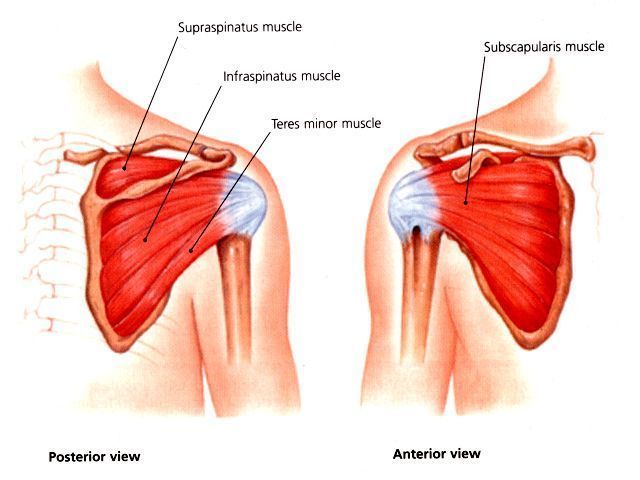TMJ
TMJ
The temporomandibular joints (TMJ) are two of the most frequently used joints in the body. Without these joints, simple things like talking, eating and yawning would be severely hindered. Dysfunctions of the TMJ can involve the muscles, the disc and the joint. This can result in pain, restricted jaw motion and joint noise.
Complex system
The TMJ is a member of a complex system and must not be looked at in isolation. It is made up of bones, joints, ligaments and muscles. These structures work together to allow the jaw to carry out different functions like smiling, speaking, swallowing and breathing! The normal function of the TMJ is therefore vital for human survival.
Symptoms of TMJ dysfunction
- Pain (TMJ, neck, face, head, shoulder, teeth)
- Poor motor control around the jaw
- Reduced range of movement
- Joint sounds
- Headaches
What can a physiotherapist do for TMJ dysfunction?
A physiotherapist would take a detailed subjective history and then perform an objective assessment of your cervical spine and TMJ. There are various interventions for TMJ pain, including manual therapy and motor control exercises. Due to the TMJ’s close relationship to the cervical spine, good results can be achieved by strengthening up the muscles around the upper quadrant. Reformer Pilates is a great way of doing this, which is offered here at JT Physiotherapy.
Tips for Acute Jaw Pain
1. Keep your jaw in a neutral posture (tongue on roof of mouth, teeth apart, lips together)
2. Maintain good neck posture as the jaw and neck are dependent on one another
3. Cut food into small pieces to avoid opening your jaw too much
4. Avoid stressful situations. Use relaxation techniques or practice mindfulness.
More Information
If you have symptoms of TMJ dysfunction or would like more information, contact us for an assessment with one of our Charted Physiotherapist’s.




